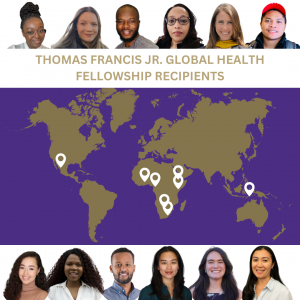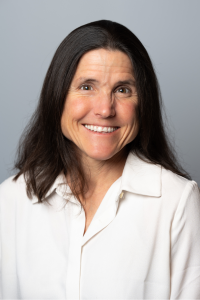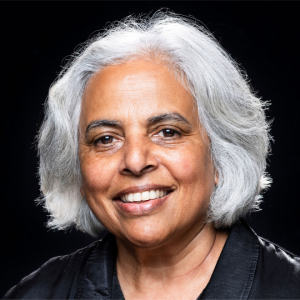Amanda Brumwell shares what health systems need to address growing rates of diabetes worldwide
The prevalence of diabetes is growing worldwide, especially in low- and middle-income countries that already experience a serious burden of infectious diseases. Understanding how to support health care systems in these countries to improve diabetes diagnosis, treatment and prevention is a question Amanda Brumwell has been researching.






